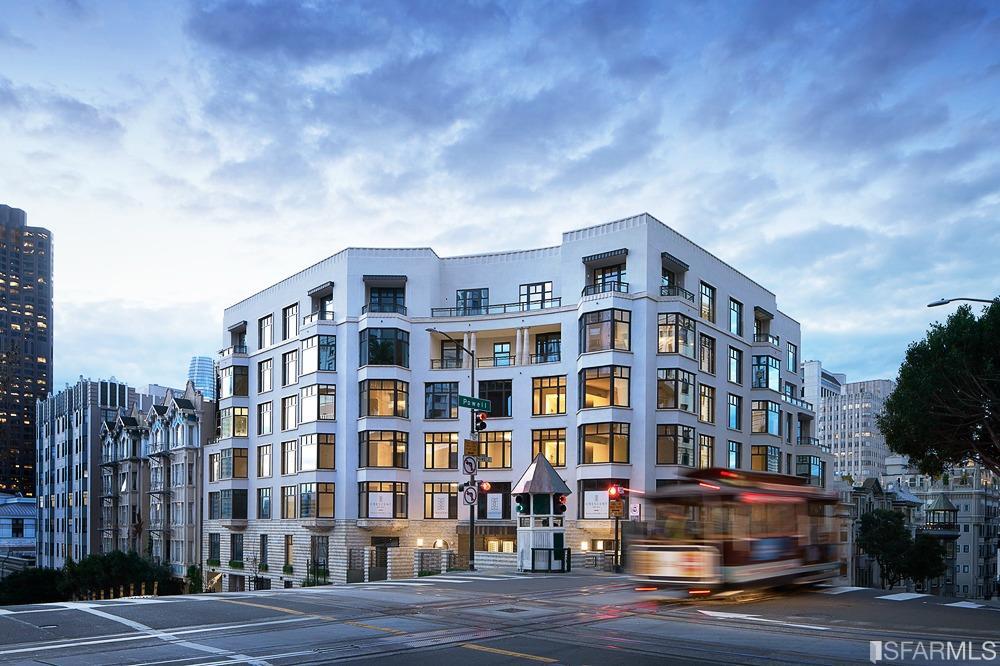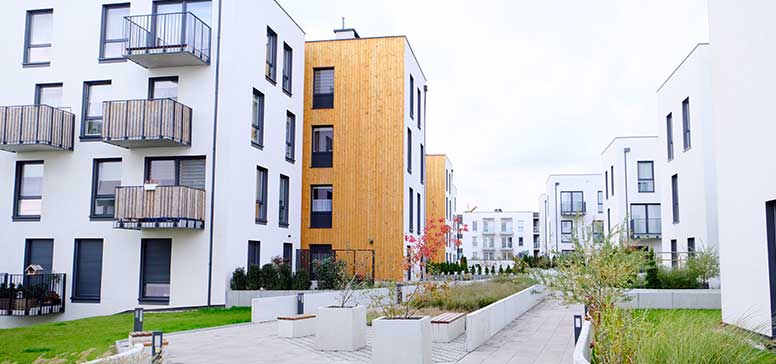The Function of an HOA in Establishing and Enforcing Neighborhood Guidelines for Homeowners
The role of a Homeowners Association (HOA) in enforcing and developing community guidelines is essential to preserving a natural and orderly residential atmosphere. By formulating clear policies that control elements such as property maintenance and neighborhood conduct, the HOA not only establishes standards for homeowners however likewise fosters a sense of belonging and responsibility.
Comprehending Home Owners Associations
Homeowners associations (HOAs) act as governing bodies for property areas, playing a critical duty in preserving property values and cultivating a feeling of community. Commonly developed by developers, HOAs are composed of property owners within a designated area that choose a board to manage the association's activities. The key functions of an HOA include implementing neighborhood rules, handling common locations, and organizing neighborhood events.
HOAs operate under a set of governing records, including problems, limitations, and covenants (CC&R s), which detail the civil liberties and responsibilities of house owners. These policies intend to guarantee that residential or commercial properties are preserved to a specific requirement, thus securing the aesthetic appeal and general value of the neighborhood. In addition, HOAs often accumulate charges from property owners to money upkeep, landscaping, and other community solutions.
The existence of an HOA can dramatically influence the living experience within a community (hoa condo). While some residents appreciate the organized setting and amenities supplied, others might find particular regulations limiting. Balancing the rate of interests of all home owners is crucial for an HOA to work effectively, making certain that it serves its desired purpose of improving community living while valuing individual home owner civil liberties
Establishing Community Guidelines

To begin, an HOA must perform studies or convene that permit residents to articulate their problems and suggestions. This participatory process cultivates a sense of ownership and raises conformity. Next, the HOA board should examine the responses to identify typical motifs and priorities that require official addition in the standards.
It is also important to guarantee that the guidelines are clear, concise, and quickly recognized. Uncertainties can bring about disputes and misconceptions, threatening the function of the guidelines. The guidelines need to be comprehensive, covering various aspects of neighborhood living, consisting of residential property maintenance, noise levels, and use of usual locations.
Enforcement of Policies
Efficient enforcement of neighborhood guidelines is vital for maintaining order and ensuring that all citizens stick to the established standards. An HOA needs to implement a structured approach to apply these laws, which often includes a mix of monitoring, communication, and fines for non-compliance.
First, normal evaluations and neighborhood patrols can aid recognize offenses, making sure that guidelines are consistently applied across the area. This aggressive monitoring permits the HOA to attend to concerns before they escalate, fostering a sense of accountability among residents.
Second, clear communication is essential. Locals need to be educated of the regulations and the treatments for reporting infractions. An open line of communication encourages citizens to voice issues and seek information on standards, which can improve conformity.
Finally, when infractions occur, the HOA must impose repercussions as outlined in the controling files. By efficiently implementing rules, an HOA can cultivate a harmonious living environment that mirrors the cumulative worths of its citizens.
Advantages of HOA Regulations
Numerous advantages occur from the implementation of HOA laws, which offer to enhance the lifestyle within a neighborhood. One primary advantage is the upkeep of residential property values. By applying requirements for aesthetic appeals and upkeep, HOAs make sure that homes and typical locations continue to be attractive, cultivating a preferable living atmosphere that can lead to increased building worths gradually.
In addition, HOA regulations advertise consistency and harmony within the area. This comprehensibility in layout and maintenance helps to create a feeling of belonging amongst citizens, adding to neighborhood satisfaction and a favorable ambience. Established standards facilitate dispute resolution among neighbors by offering clear assumptions and methods for actions, consequently lessening disagreements.
One more significant advantage is the provision of common features and solutions. Many HOAs take care of neighborhood centers such as pools, parks, and clubhouses, which enhance recreational possibilities for locals. These facilities not only improve the top quality of life however likewise motivate social communication.
Ultimately, the guidelines stated by an HOA cultivate a well-organized, harmonious area, guaranteeing that homeowners take pleasure in a high requirement of living while fostering a supportive setting for all homeowners.
Common Difficulties Faced by HOAs
Amidst the advantages that home owners associations (HOAs) can offer, they additionally encounter a variety of difficulties that can hinder their efficiency. One significant concern is the absence of resident engagement. Numerous home owners might not join meetings or neighborhood activities, causing a disconnect between the HOA board and locals. This disengagement can lead to misunderstandings regarding neighborhood standards and an absence of assistance for enforcement initiatives.
Disputes can occur when residents feel that enforcement is irregular or prejudiced, possibly leading to disputes within the community. Furthermore, HOAs usually deal with financial restrictions, which can limit their capability to preserve common locations or fund area tasks.
Furthermore, navigating legal complexities can be intimidating for HOAs. They must make certain conformity go to this site with state laws while handling their very own controling files, which can be a source of complication. Evolving and altering demographics neighborhood needs need HOAs to adapt their guidelines, often satisfying resistance from long-lasting residents click now that are accustomed to conventional standards. Attending to these challenges is essential for fostering a flourishing and unified area.
Final Thought

By formulating clear policies that govern facets such as home maintenance and neighborhood conduct, the HOA not just establishes requirements for citizens however additionally cultivates a sense of belonging and liability.Homeowners associations (HOAs) offer as controling bodies for property communities, playing a vital duty in keeping residential or commercial property worths and cultivating a feeling of area. Lots of property owners may not get involved in meetings or neighborhood activities, leading to a disconnect in between the HOA board and citizens. Developing and transforming demographics community needs require HOAs to adapt their guidelines, usually satisfying resistance from enduring homeowners that are accustomed to conventional norms. Through the advancement of my blog clear laws and consistent enforcement, HOAs advertise home maintenance, area pride, and trust amongst residents.